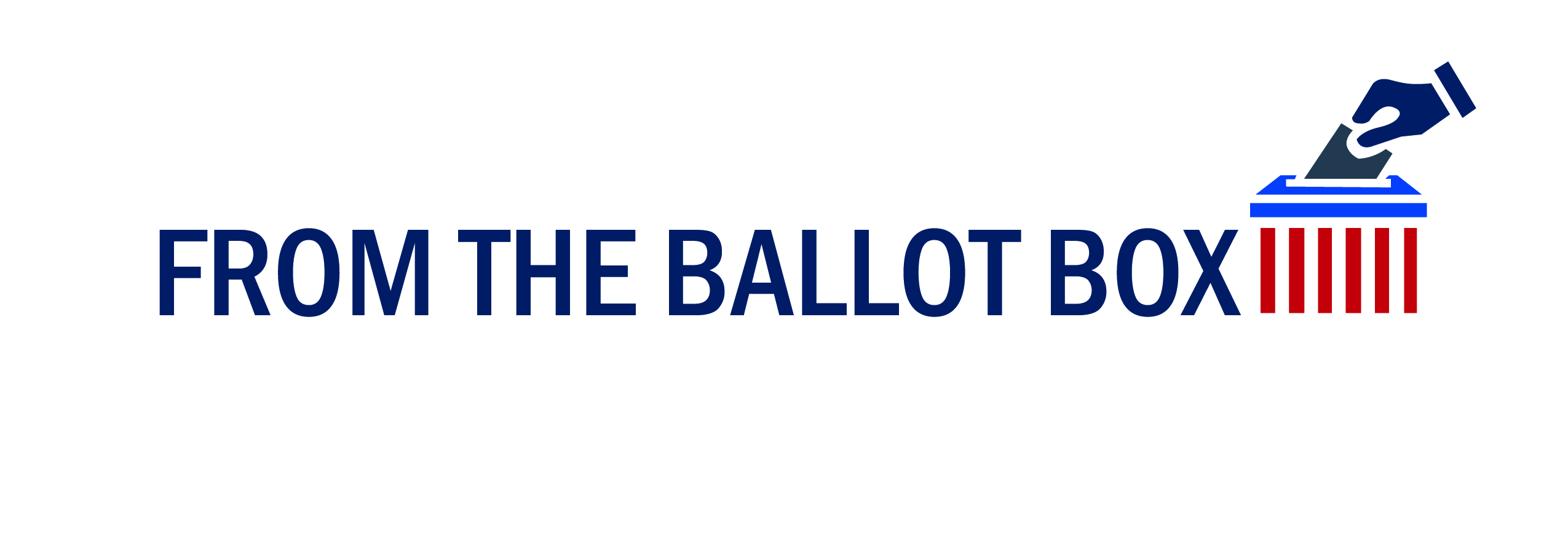Let’s talk about boundaries
It is time to acknowledge the Church of Jesus Christ of Latter-day Saints has its hand too heavily involved in the politics of Utah.
This interference was brought to the forefront of the public’s eye yet again after the release of a new handbook for members and leaders of the church on Feb. 19.
In section 38.6, the handbook outlines what it calls “Policies on Moral Issues,” and includes the church’s stance on issues such as abortion, artificial insemination, sex education, suicide, transgender individuals and other things.
Unsurprisingly, the church continues to stand against abortion and acting on homosexual tendencies, believes suicide is a sin, and will not accept transgender people to hold a temple recommend or church callings.
While these beliefs do not align with my own, I could accept the difference in opinion if it were simply another individual; however, the Church of Jesus Christ of Latter-day Saints is not just one individual. Its members account for 67.7% of Utah’s population, according to WorldAtlas.
That is nearly 70% of the state who will more than likely pledge themselves along with the stated beliefs of the church. Nearly 70% of Utah’s voters are being unrightfully influenced by a religious institution.
In a state of 3,282,115 people, that is nearly 2,297,943 dedicated to upholding the standards and voting in line with the values of the church.
This political influence can be seen by the March 2018 Utah Medical Cannabis Law: even after the proposition passed through the public as it was, the legislature revised it to be much stricter.
Change does not happen overnight, but change is inevitable when a system is corrupt.
Abby Doman, DSN staff
Upon its passing, Reporter Bethany Rogers from the Salt Lake Tribune said, “The legislation has acted as a bridge between Prop 2 opponents such as The Church of Jesus Christ of Latter-day Saints and the Utah Patients Coalition, the group that spearheaded the initiative effort.”
This is not how democracy works.
A democratic society does not bend to the moral standards of a religion.
When a policy is decided by the personal morals of a religion instead of the pragmatic effects on the population, the system fails.
Maybe this is why Utah is No. 6 in the nation for suicide rates or No. 6 for prescription drug abuse.
It is time to remind the church it does not have the right to control the state of Utah. Whatever would mean the most to you, I advise you to do it.
For me, that means voting with my conscience, not my church, and writing this article. For you, it could be having a discussion over the dinner table or bringing it up at your next church meeting.
Change does not happen overnight, but change is inevitable when a system is corrupt.


